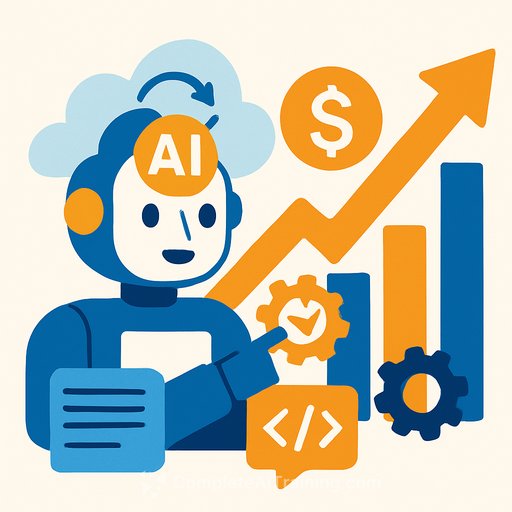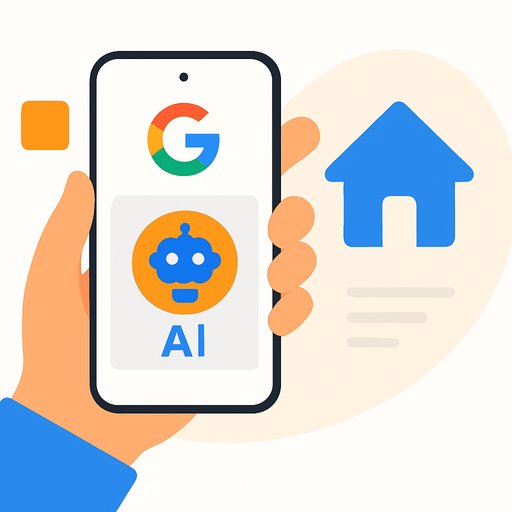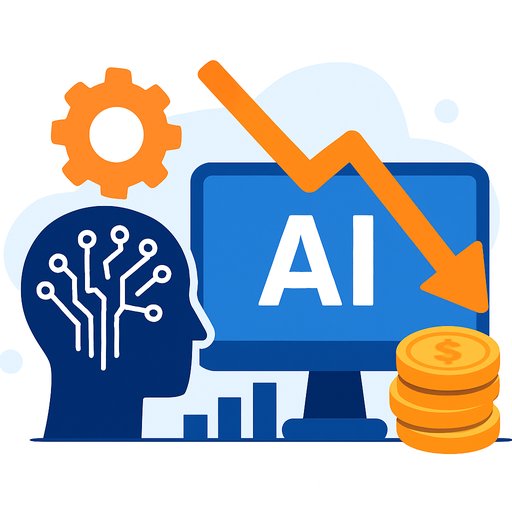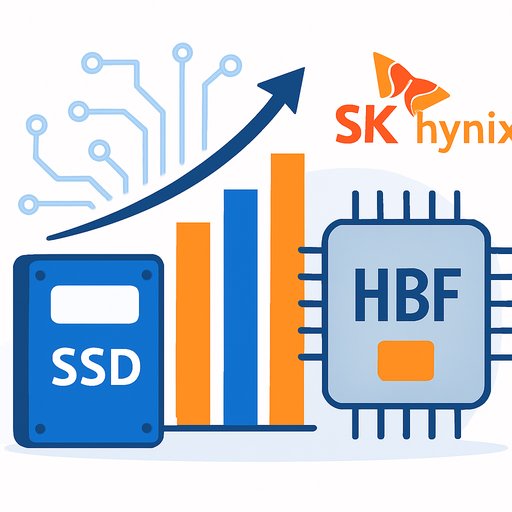Intuit's GenOS Is Accelerating Agentic AI: What Product Teams Can Apply Now
Intuit has pushed its Generative AI Operating System (GenOS) forward over the last quarter to support agentic AI at scale across its platform. The goal: deliver financial outcomes for consumers, small businesses, and accountants by turning product ideas into deployable AI agent workflows.
GenOS connects customers to a virtual team of AI agents and AI-enabled human experts, automating routine tasks and orchestrating complex flows. Products already shipping on GenOS include the QuickBooks Online Virtual Team of AI Agents and new agentic experiences within the Intuit Enterprise Suite for small and mid-market businesses.
What's New for Builders
- Financial Intuit LLMs: Custom-trained on financial datasets to deliver more context-aware behavior in accounting and bookkeeping scenarios. Early results show about a 5% accuracy lift and roughly 50% lower latency in select workflows compared with general-purpose LLMs-useful for both customer experience and inference costs.
- Expert-in-the-loop via GenUX: Integrated workflows that route issues to human tax and bookkeeping professionals when confidence is low or policy requires human review. This is key for trust, compliance, and resolving edge cases.
- Agent Starter Kit + GenOS Evaluation Service: Methodologies, dashboards, and a toolchain to measure and improve agent performance continuously. Thousands of developers at Intuit use these ready-to-use components to build, test, and optimize agent experiences more efficiently.
What's Coming
Intuit plans to ship additional AI agents and experiences built on GenOS in the months ahead. Payroll and project management agents are in beta, with more to be added in QuickBooks Online to streamline complex workflows and lift team productivity.
Why This Matters for Product Development
- Specialized LLMs drive outcomes: Domain-tuned models often outperform generic models on accuracy and cost for focused workflows like accounting, reconciliation, and cash flow tasks.
- Latency is a product feature: A 50% reduction can boost task completion, session depth, and overall satisfaction. It also creates headroom for more complex multi-agent orchestration.
- Human-in-the-loop builds trust: Seamless escalation to experts helps with compliance, reduces failure loops, and gives teams the data needed to improve prompts, policies, and model choices.
- Evaluation is your release gate: Frameworks and dashboards make it easier to ship safely, compare agents, and iterate quickly without guesswork.
Implementation Checklist for Your Team
- Pick 2-3 high-frequency workflows (e.g., categorization, invoicing, approvals) and define success metrics: accuracy, latency, cost per task, and containment rate.
- Instrument every step: track model confidence, escalation triggers, turnaround time, and resolution quality.
- Design expert handoffs early: create policies for when to route to humans, what context to pass, and how to capture feedback for retraining.
- Standardize an evaluation loop: offline test sets, shadow mode, A/B agent comparisons, and preflight checklists before rollout.
- Plan for cost governance: token budgets, caching strategies, model selection by task, and timeouts for long-running chains.
- Address data safeguards: PII handling, redaction, role-based access, and audit logs for financial data.
- Set SLOs for agent reliability: retries, fallbacks, graceful degradation, and user-visible recovery paths.
Market Context
Over the last month, Intuit shares gained about 6.4%, outpacing industry growth of roughly 4.5%. In related software names, PTC holds a Zacks Rank #1 (Strong Buy) and Microsoft carries a Zacks Rank #2 (Buy), reflecting ongoing investor interest in software platforms executing on AI.
Where to Learn More
- Intuit for company and product updates.
- AI courses for product teams to upskill on agentic AI, evaluation, and human-in-the-loop design.
Your membership also unlocks:






